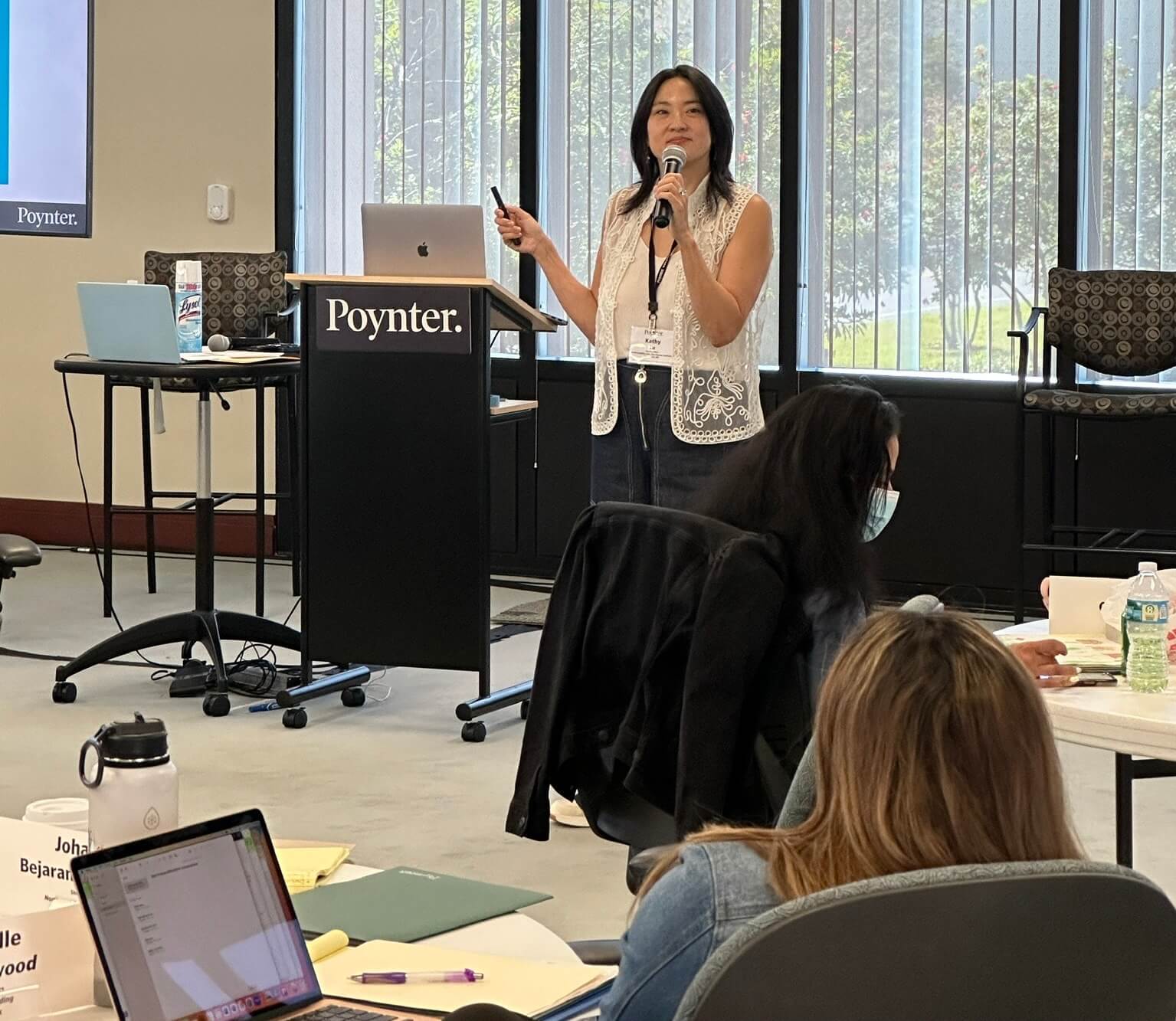This article was originally published on Northwestern University’s Medill Local News Initiative website and is republished here with permission.
Rep. David Cicilline serves Rhode Island’s First Congressional District in the U.S. House of Representatives. Prior to his election to Congress in 2010, Cicilline served two terms as mayor of Providence and four terms in the Rhode Island House of Representatives.
The congressman is a senior member of the House Foreign Affairs Committee and the House Committee on the Judiciary. As chairman of the House Subcommittee on Antitrust, Commercial and Administrative Law, he oversees efforts to promote innovation and economic opportunity through open and competitive markets.
In his official biography, Cicilline says he is “leading the fight to hold Big Tech accountable, overseeing a top-to-bottom investigation into the state of competition in the digital marketplace and leading the introduction of six bipartisan bills to build a stronger online economy and protect consumers and small businesses.” He is the author of the 2022 book, “House on Fire: Fighting for Democracy in the Age of Political Arson.”
Following is an edited transcript of an Oct. 21 interview with Greg Burns, editor of the Medill Local News Initiative, about the prospects for the Journalism Competition and Preservation Act.
GREG BURNS: What is your strategy for passing the bill? Attach it to must-pass legislation?
DAVID CICILLINE: The original bill we crafted focused principally on print journalism. Local broadcasters, another source of trustworthy news, were suffering from the same challenges. That’s why it took a little longer than anticipated. We ended up with a better bill. It has strong bipartisan support. I suspect we will do a Judiciary Committee markup soon. We will mark up the same bill as the Senate. I don’t know that it will need to be attached to another bill.
GB: What makes you think the legislation has a chance?
DC: This is essential if we’re going to have local journalism and local news. The legislation we propose doesn’t solve the problem in the long term. This provides a safe harbor for six years so we can give local journalists…some ability to negotiate some fair use of their content. These big platforms are basically just taking the content. We will at least provide some short-term relief while we figure out how we make certain we have local journalism in the long run.
GB: Do you think the market power of Google and Facebook is the primary reason for the decline in local journalism?
DC: There’s no question about it. They appropriate the content, they take all of the ad revenue, and they leave these producers of content at the mercy of these platforms. No one expects that you can stream a movie without paying those producing the movie. It’s unfair and unsustainable.
GB:: Is the bill based on a misunderstanding of how internet platforms interact with news companies, as the platforms contend? Will it undermine access to information by making it difficult to link to stories?
DC: No. All they’re going to have to do is negotiate in good faith and reach fair terms with the producers of the content. It’s in their interests for this bill to pass. If you don’t save local content, there won’t be content for them to monetize.
GB: On the Senate side, what is needed to have a realistic shot of passage in the lame-duck session?
DC: It has to be a priority of the Senate Democrats, with support from Republicans. I think this is a great opportunity to have a bipartisan vote.
GB: Is creating a safe harbor better than breaking up Google and Facebook to free the digital-advertising market?
DC: Congress doesn’t have the ability to break up a company. That is an enforcement agency responsibility. I think Google and Facebook are too big and never should have been given the opportunity to get that big.
GB: The current bill says eligible publications are those with up to 1,500 employees. That includes chains such as Gannett, owner of the Providence Journal, that are made up of many publications with fewer
DC: Yes, it’s the Providence Journal, the organization. The intention of the definition is to ensure that small newspapers and smaller broadcasters are covered.
GB: Do you believe the owners and managers of local news companies will use the money to promote journalism, as opposed to increasing their profits?
DC: It is required. One of the modifications of the bill is to ensure these resources go to supporting local journalism and not to increase the profits.
GB: An amendment to the bill from Sen. Ted Cruz, R-Texas, was resolved with a compromise aimed at preventing discrimination against conservative media like Breitbart or Newsmax. Is that workable?
DC: [The bill] specifically addresses access to digital news content. The legislation does nothing to moderate content. That’s unchanged. I think we resolved it.
GB: Is passing the legislation during the lame-duck session crucial?
DC: If the GOP takes control of the House, there will be much less interest in reining in big tech. This is our opportunity.
GB: You were mayor of Providence, and big-city mayors often clash with reporters who cover them. Why do you want to save local journalism? Was it partly a result of your experience succeeding the late ex-Mayor Buddy Cianci, who was a regular target of investigative reporting?
DC: I clash with local journalists as much as any mayor or member of Congress, but I understand the value after taking over a city from a very corrupt predecessor. I saw it firsthand. It was a lot of good journalism…that ultimately led to a prosecution in federal court.







